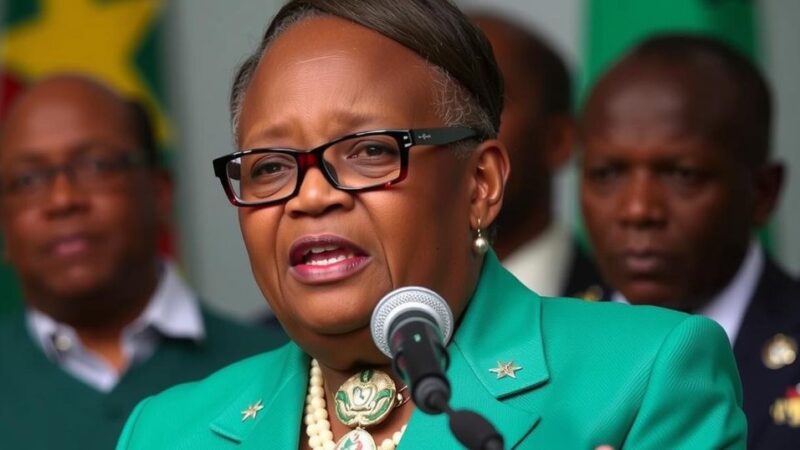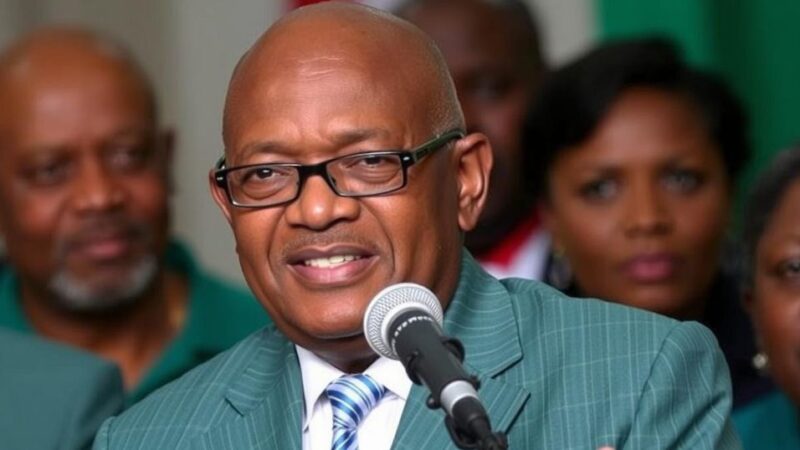The Episcopal Conference of Congo responded to accusations from Deputy Prime Minister Jean-Pierre Bemba, who suggested that the Church mismanages funds and engages in hate speech against the government. Bishop Donatien Nshole called for evidence supporting these claims and highlighted the Church’s partnership with the government on social projects. The context includes tensions over proposed constitutional amendments favoring the incumbent president, which the Church opposes.
The Episcopal Conference of Congo has publicly responded to recent accusations by Deputy Prime Minister Jean-Pierre Bemba, expressing concern regarding the negative portrayals of the Catholic Church. In a radio interview, Bemba claimed that certain politicians were engaging in hate speech against the government and accused church leaders of mismanaging funds intended for charitable initiatives. In defense, Bishop Donatien Nshole questioned the presence of hatred in the Church’s message and called for tangible evidence to support these claims. He highlighted the cooperation between the Church and the Congolese government on social projects, pointing out that financial support from the government has been limited since an agreement was established. Furthermore, Bemba’s statements come in the wake of a constitutional revision controversy, where the Catholic Church has expressed opposition to potential reforms favoring President Tshisekedi’s extended term. The Movement for the Liberation of Congo, to which Bemba belongs, has voiced its full backing for constitutional amendments, reinforcing the political tensions surrounding the issue.
The Episcopal Conference’s response stems from rising tensions between the Catholic Church and political leaders within the Democratic Republic of Congo. Specifically, Deputy Prime Minister Jean-Pierre Bemba’s allegations of malicious intent among politicians targeting the regime have evoked a strong rebuttal from church authorities. The remarks come amid broader controversies regarding the potential amendment of the constitution to allow President Félix-Antoine Tshisekedi to run for a third term, a reform that the Church and other local leaders have resisted. The ongoing partnership between the Church and the government seeks to enhance development in the region, although financial support discrepancies remain contentious.
In conclusion, the Episcopal Conference has firmly defended the integrity of the Catholic Church against the accusations made by Deputy Prime Minister Jean-Pierre Bemba. While asserting their commitment to social causes in collaboration with the government, church leaders have emphasized the need for evidence to substantiate claims of financial mismanagement and have reiterated their opposition to constitutional amendments that could enhance executive power. The situation encapsulates the complex relationship between religion and politics in the Democratic Republic of Congo.
Original Source: www.fides.org






